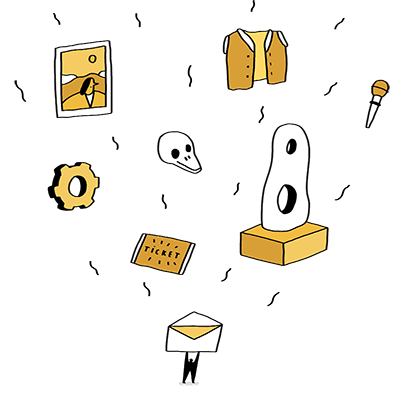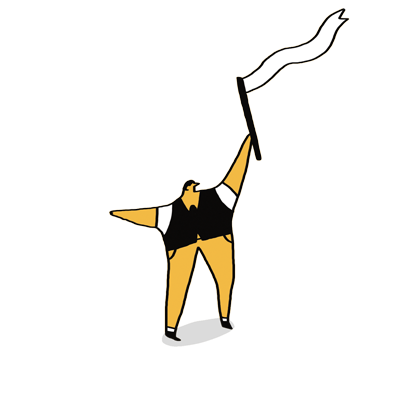For our March Cog night we visited Bertha Dochouse to see a fascinating duo of documentaries as part of the Obsessions season, a series of films focusing on extraordinary people with intense passions. Justin give us his thoughts.
The Joycean Society at Bertha Dochouse
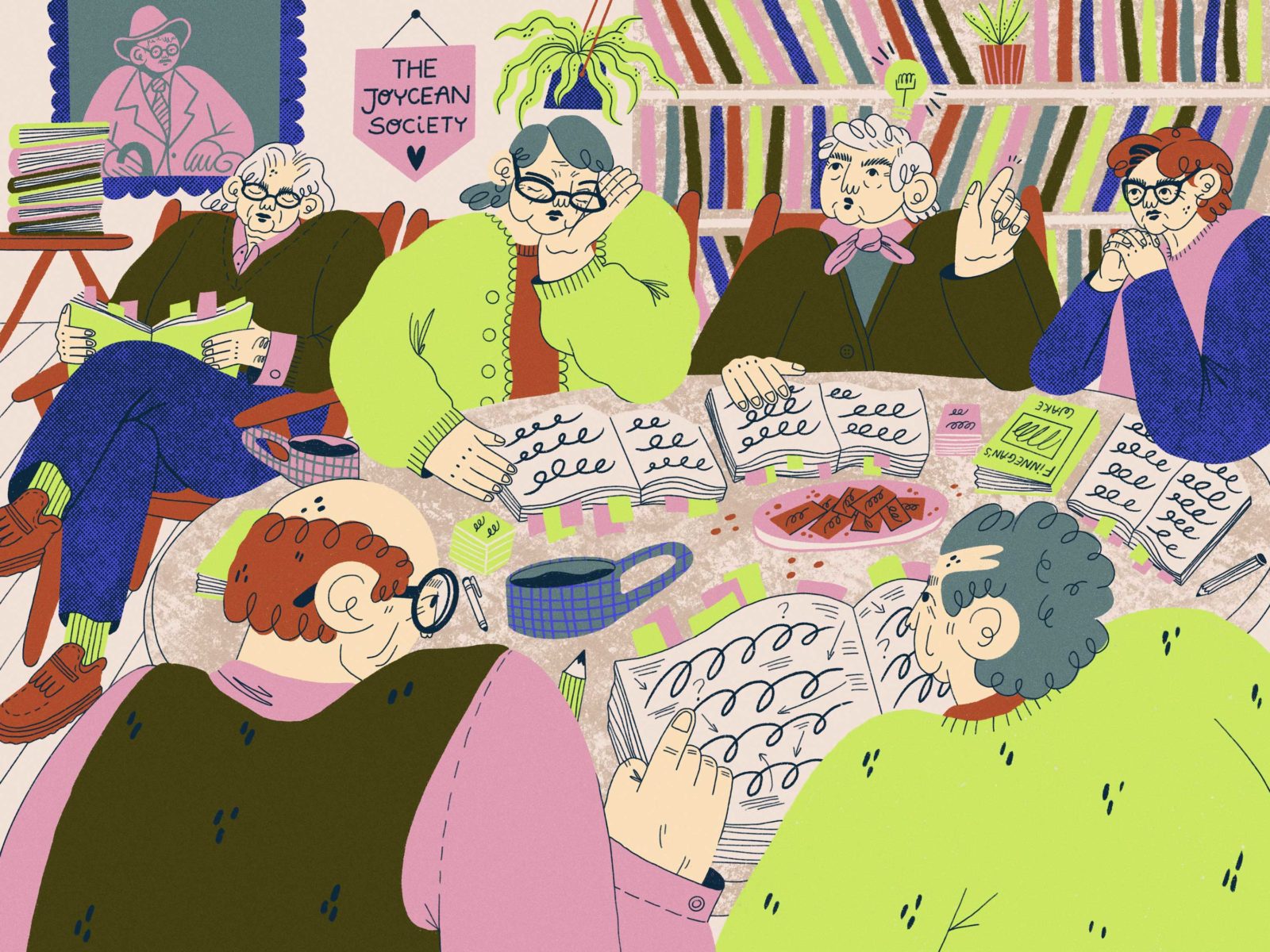
We’re incredibly proud of the work we’ve done recently with Bertha Dochouse, culminating the launch of their new website this month. A unique venue, the Dochouse is the UK’s first cinema to focus purely on documentary films, and we’re huge fans of their thoughtful and varied programming, which frequently includes films which aren’t shown at any other venue.
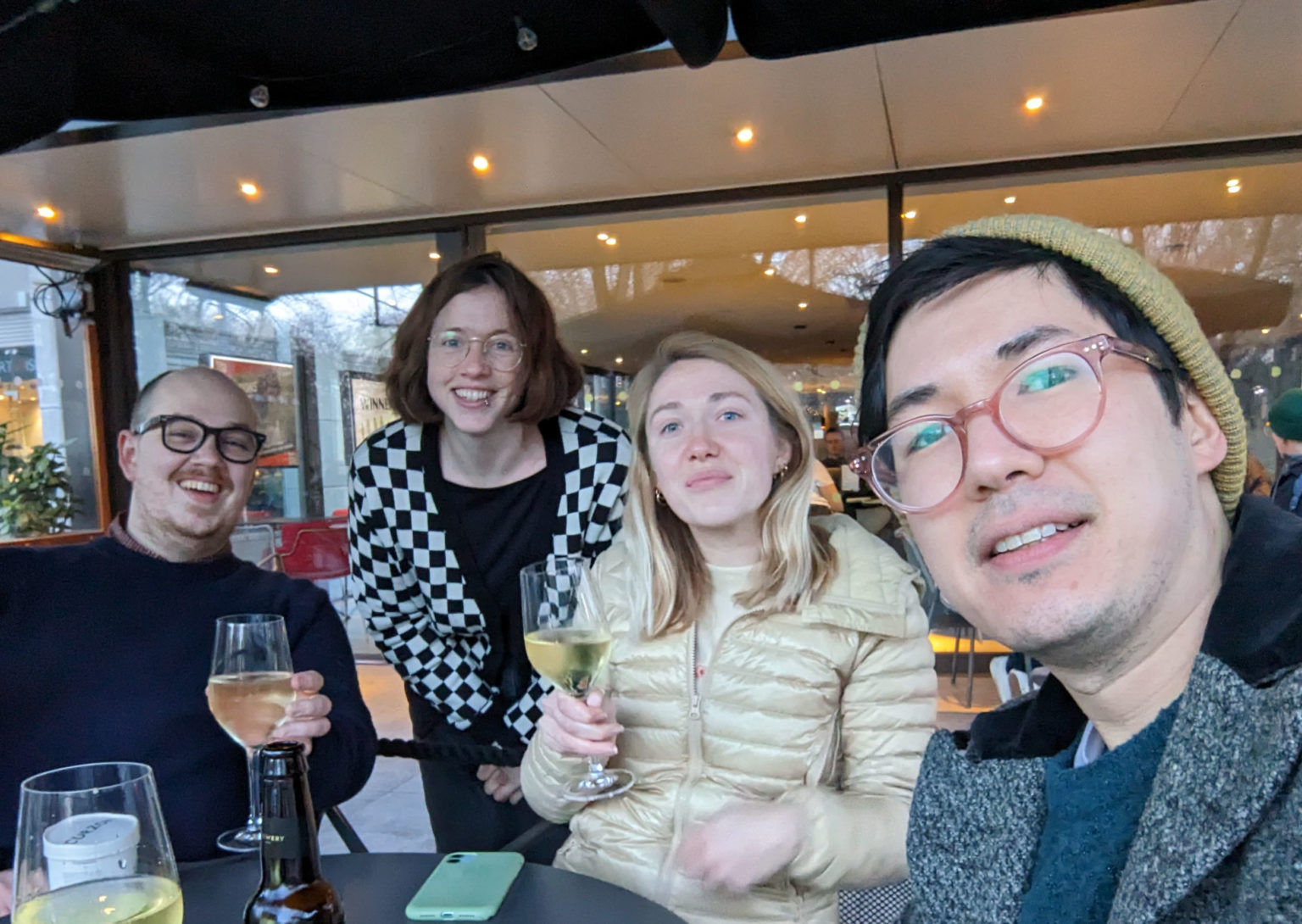 The Cog team grabbing drinks on the terrace
The Cog team grabbing drinks on the terrace
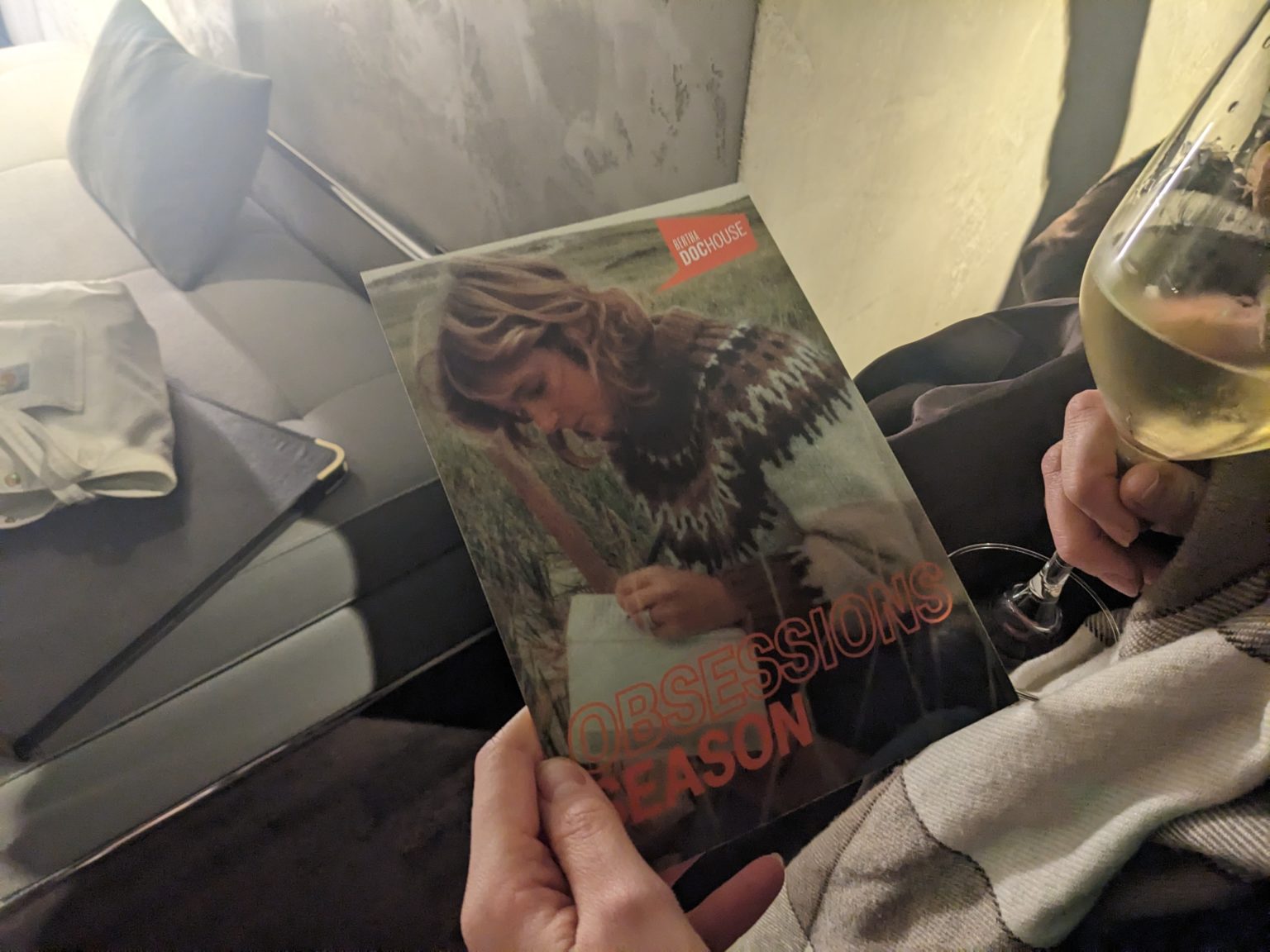 Bertha Dochouse's exciting new programming strand: Obsessions
Bertha Dochouse's exciting new programming strand: Obsessions
We were treated to a beautiful sunny evening as we walked up the cinema from King’s Cross station, passing our friends at the Foundling Museum along the way. We made the most of the unexpectedly mild weather by enjoying pre-movie drinks on the terrace outside the Curzon Bloomsbury before taking the steps down into the cosy surroundings of the Dochouse.
We were there to see two interestingly paired films, both focusing in different ways on themes of wordplay and the search for meaning in language.
In the short, tender film Dear Araucaria (2014), we are introduced to John Graham, the veteran puzzlemaster who wrote tens of thousands of cryptic crosswords for the Guardian newspaper. Graham devoted most of his life to the task of setting puzzles. When he reflects back on this in the documentary, he sounds surprised at how this quaint activity has become such a major part of his life, and had such an impact on others. The childlike sense of joy that Graham finds in coming up with the perfect crossword clue with its clever, tantalising play of words, is offset by the seriousness of his dedication to his craft, and the profound devotion of his fans, for whom the crosswords are so much more than just a game.
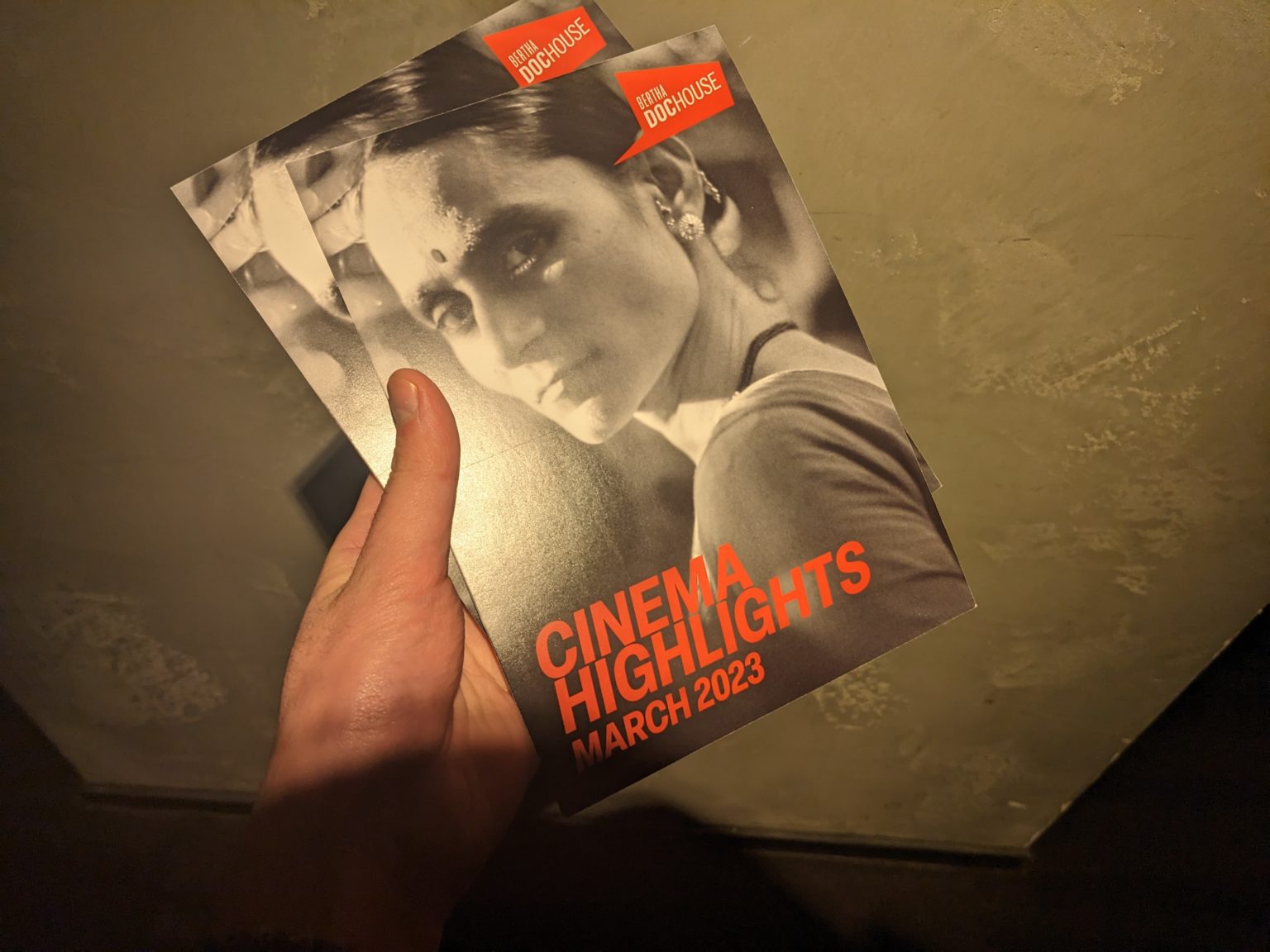 March highlights from the Dochouse
March highlights from the Dochouse
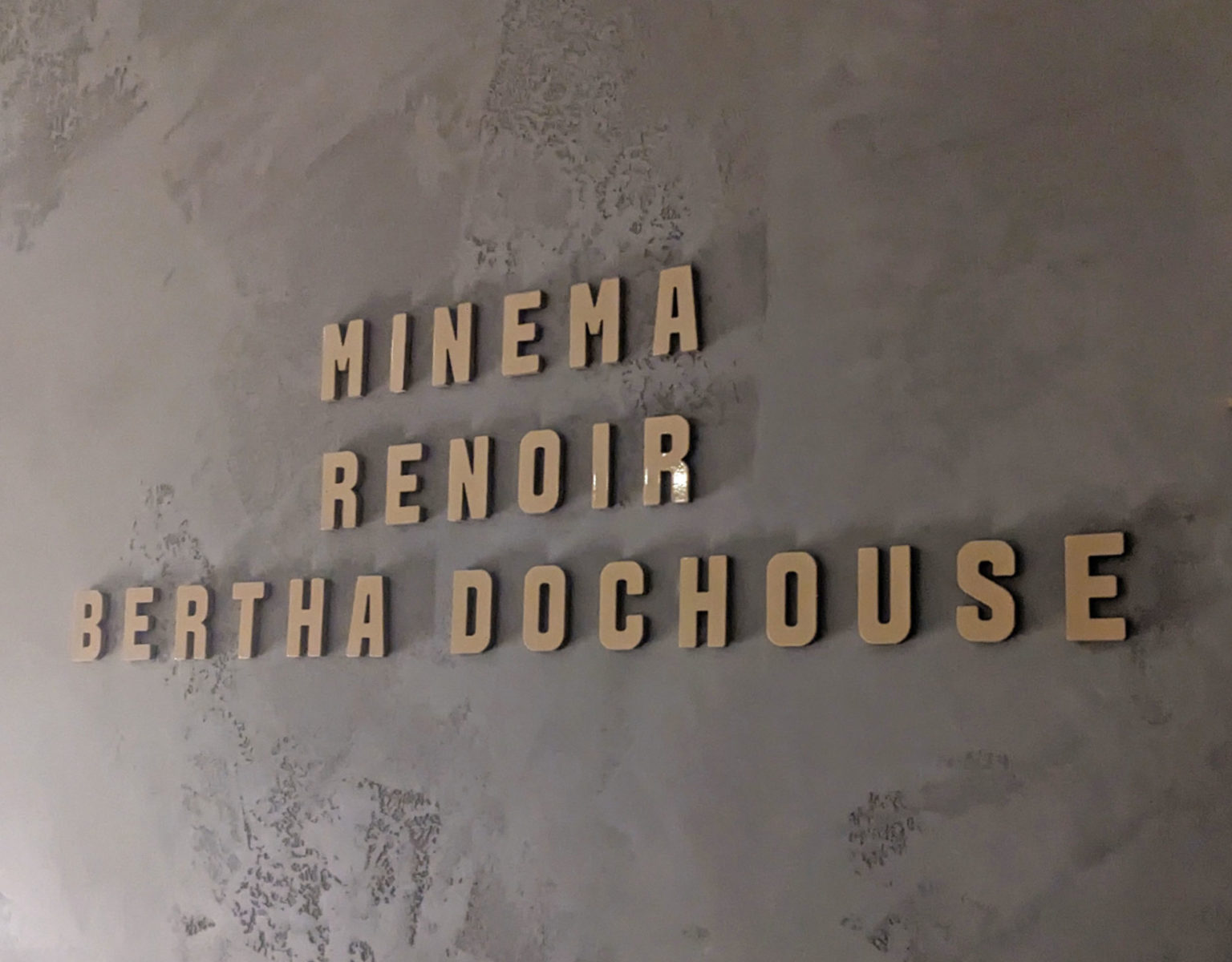 The entrance to the magical Dochouse screen
The entrance to the magical Dochouse screen
The main feature, The Joycean Society (2013), is themed around the Irish author James Joyce, famous for his radical approach to language. We encounter his work through a little known Swiss-based group of James Joyce superfans, whose devotion has seen them meet weekly for over three decades to discuss the finer points of his infamously obscure text Finnegan’s Wake.
While Finnegan’s Wake is usually referred to as a novel, many critics prefer to think of it simply as an exercise in wordplay: a game of words written purely to explore the playful, musical aspects of language, while interpretation and meaning take a back seat. The Joycean Society members take a more literal approach, dutifully working their way through the text paragraph by paragraph, hoping to identify elements of theme, character and story amidst the jumble of language.
A more conventional documentary might spend time exploring James Joyce’s life and work, to help us understand the origins of this text and his motivations for writing it, but The Joycean Society intentionally avoids this. The focus is not on Joyce himself, but on the devotees who spend their time poring over his work, with careful attention given to the eccentric personalities of the group members, and the unique group dynamic that emerges through their interactions with each other.
The Joycean Society are certainly an intriguing bunch of people, but there’s a gentle, non-judgemental quality to this documentary. The meaning of Joyce’s text is no clearer when the film ends, instead we’ve learned a great deal about the value that people can find in communing over shared interests and passions, no matter how odd their habits and rituals might seem to outsiders.
Documentaries focusing on everyday subjects can offer a powerful perspective on the lives of other people, and sometimes their smallness and their intimacy is their strength. We all love to watch bold, spectacular films on the big screen, but it’s important to be able to see documentaries in this way too, so we can give full attention to the subtle, thoughtful qualities of this distinct style of filmmaking. The team at Bertha Dochouse show no sign of slowing down in their quest to assemble exciting new programming, and we can’t wait to go back again.
